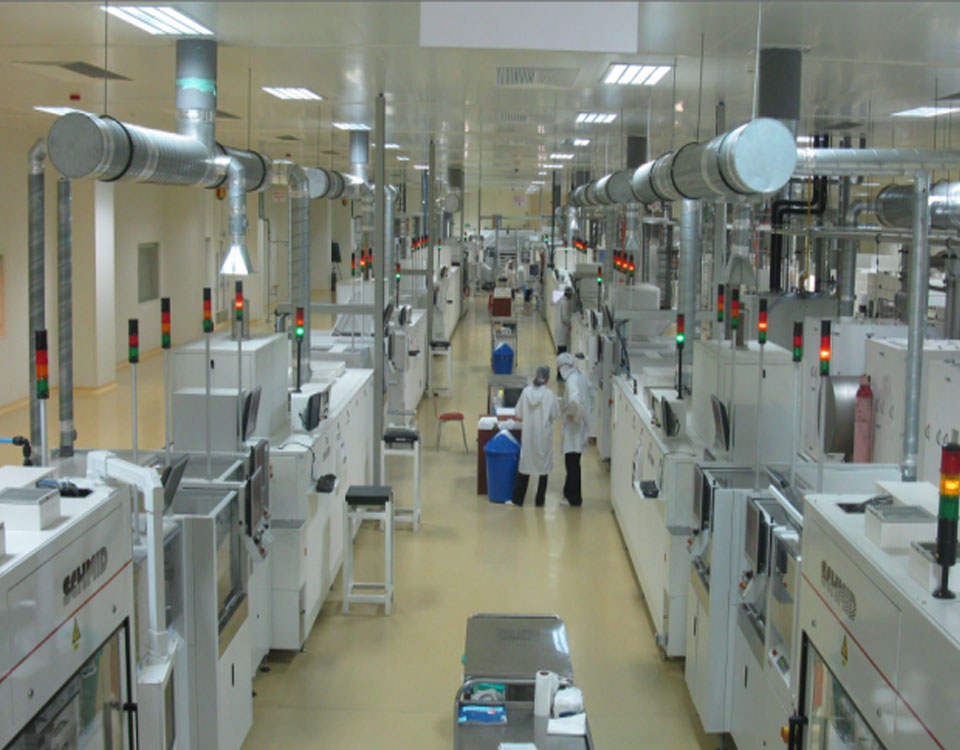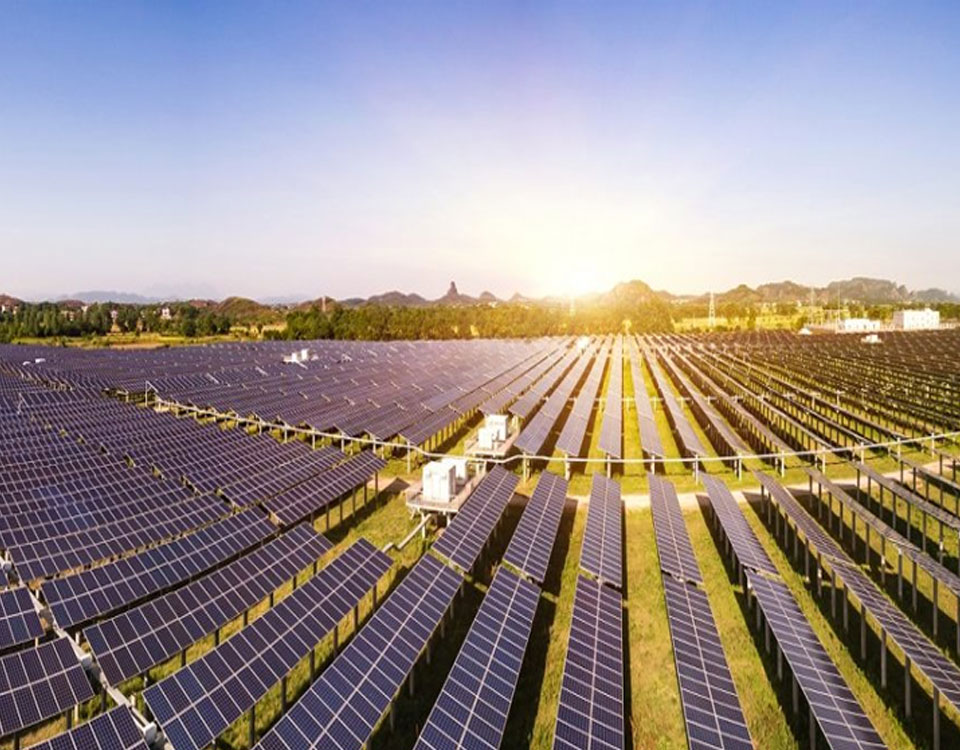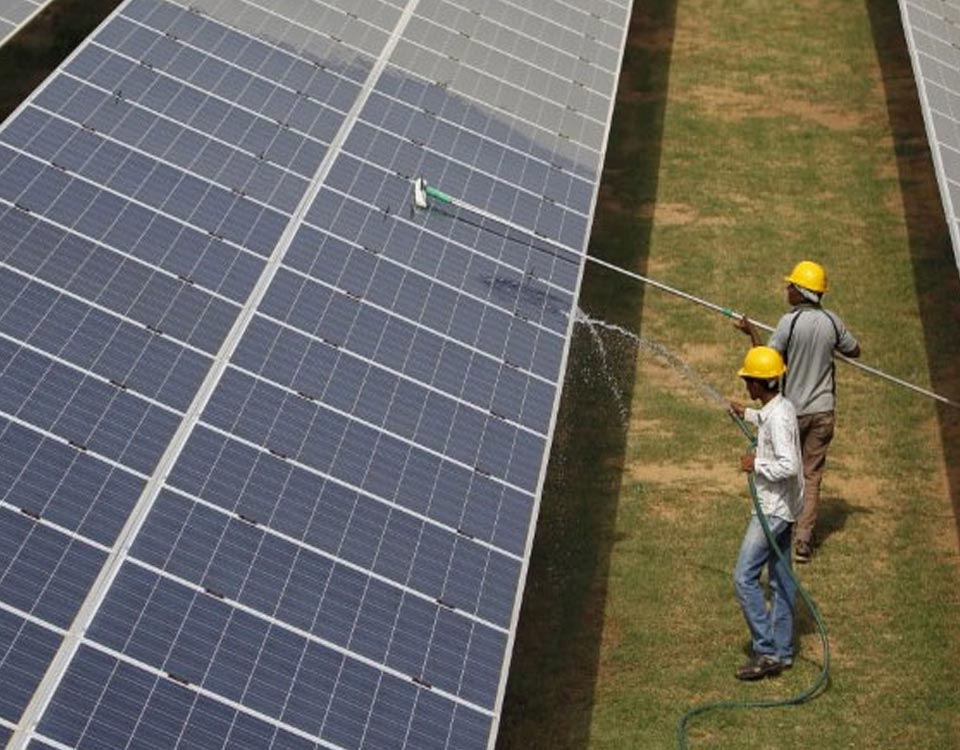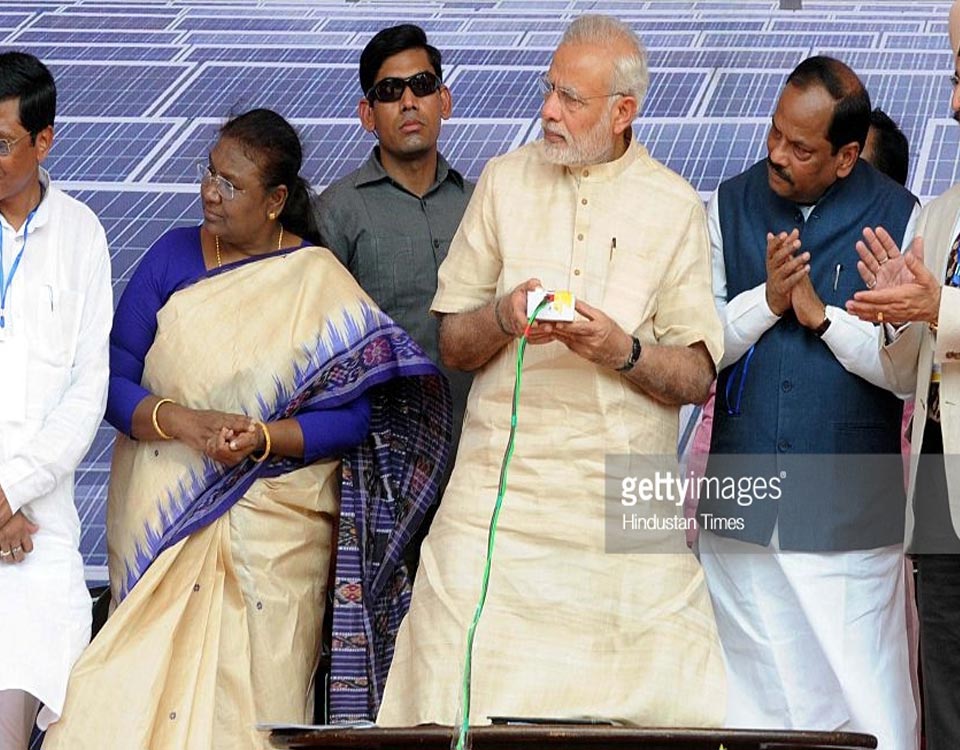- Welcome to Indian Solar Manufacturers Association (ISMA)
Indian PV manufacturers to refresh anti-dumping petition to avoid being ‘short-changed
The Indian Solar Manufacturers Association (ISMA) has withdrawn its anti-dumping petition regarding PV imports from China, Taiwan and Malaysia, but intends to soon file a fresh petition to strengthen its case.
The ISMA’s original petition covered a period of investigation up to June 2017, but it now wants to “contemporize” the investigation to show what it claimed to be a period of even greater injury to domestic manufacturers. The association claimed that exports from the three subject countries between July and December 2017 – a period to be covered by the new petition – had increased by up to 45%, while module prices had decreased by around 25%, showing accelerated dumping in India.
H.R. Gupta, general secretary of ISMA and managing director of Indian cell manufacturer Indosolar, told PV Tech that putting in a new petition is likely to delay the whole process by another quarter. However, anti-dumping duty tenures tend to last for five years, so the ISMA was happy to interrupt current proceedings in order to make the strongest possible case for higher duties.
Gupta added: “It’s a five-year remedy so we don't want to be short-changed.
“We want to use the most relevant data so that the injury is reflected as on the most current timeline [sic] because so much time has passed already.”
Indian manufacturers are simultaneously in the process of seeking immediate relief via safeguard duties. The Directorate General has already recommended a 70% duty, which many in the industry felt would be high enough to derail the National Solar Mission target of 100GW by 2022. Subsequently, this recommendation was challenged in the Chennai High court. An oral hearing has taken place and final written submissions have to be made by 9 March.
Sunil Jain, chief executive and executive director of Delhi-headquartered renewable energy developer Hero Future Energies told PV Tech that a 70% tariff could make tariffs go up by 1.5 rupees per unit, at a time when the government wants cheap power.
Jain added: “We believe that is not the right step for the market in [the] present scenario, especially considering that government is a signatory of COP21.
“Having said that the government is duty bound to represent the domestic industry and so there are two ways of protecting it. One is through anti-dumping measures, and the other is to incentivise the local industry through some investment incentives or cash incentives.”
Jain said that some form of incentive for domestic manufacturers could negate the need for anti-dumping duties and allow PV tariffs to remain below three rupees. Continued low prices are important as India is going a power surplus situation and states are less willing to buy expensive power, he added.
The ISMA ended its release stating: “We are hopeful that the Domestic Industry will get the, much needed, relief which it has sought from the Hon Authority as soon as possible to revive the industry, in order to support the Make In India vision of the honourable PM and make India self-sufficient in manufacturing of Solar equipment.”




